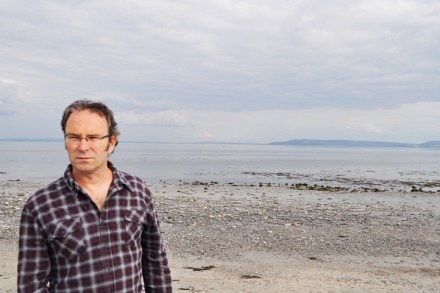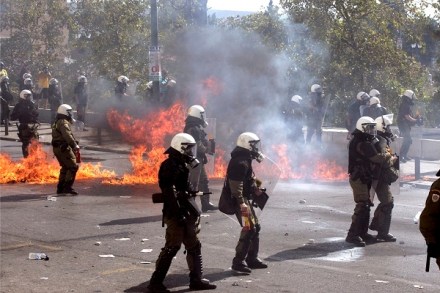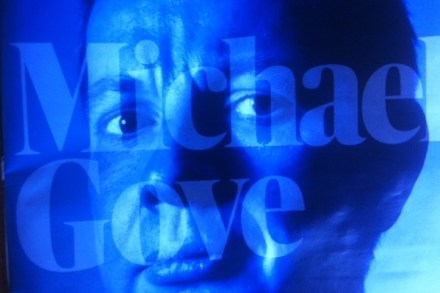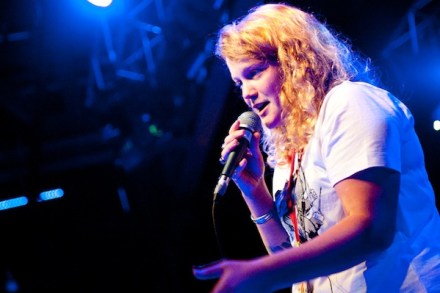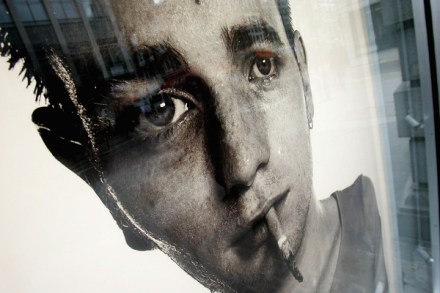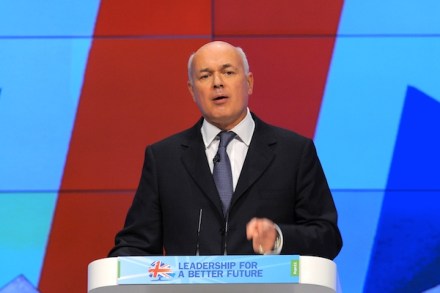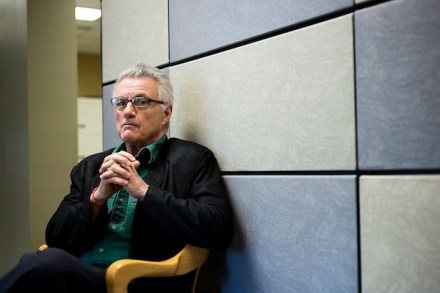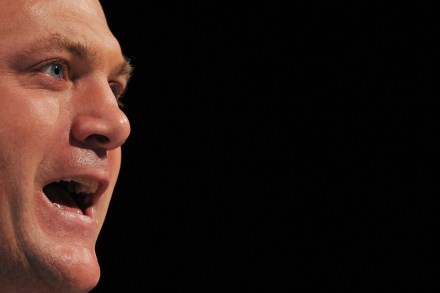Cult status: an interview with Mike McCormack
Mike McCormack published his first book of short stories Getting it in the Head in 1996. The debut earned him the Rooney Prize for Literature, and was chosen as a New York Times notable book of the year in 1998. McCormack has published two novels: Crowe’s Requiem, and Notes From a Coma, which was shortlisted for the Irish Book of the Year Award in 2006. Forensic Songs, his latest collection of short stories, fuses traditional social realism with elements of science fiction, and the detective genre. While some stories here follow the path of straightforward naturalism; analyzing the difficult relationships within families; or the alienation of emigration, others probe issues
